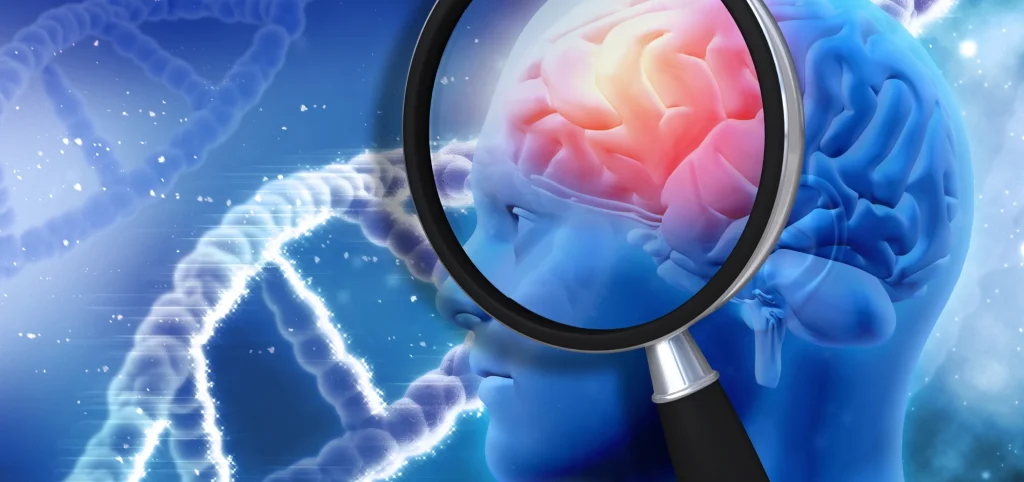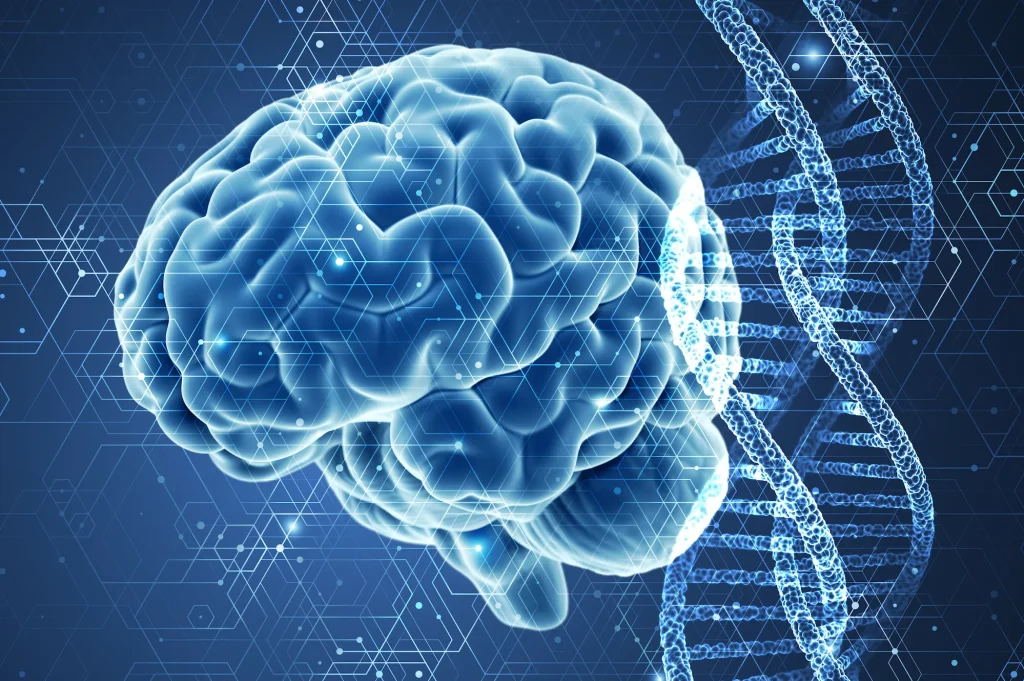Table of Contents
Genetic memory is a fascinating concept that explores the idea that certain traits, behaviors, and knowledge can be inherited across generations not solely through direct genetic coding but through a form of &8220;memory&8221; encoded in our DNA. While traditional genetics focuses on the transmission of physical traits and predispositions, the notion of genetic memory extends this idea to encompass psychological and behavioral aspects. Understanding the role of genetic memory offers insights into evolutionary biology, development, and the complex interplay between genetics and environment.

1. Defining Genetic Memory
Genetic memory refers to the hypothesis that experiences or knowledge gained by an organism can influence the traits or behaviors of its descendants. Unlike inherited physical traits, which are directly encoded in the DNA sequence, genetic memory suggests that certain forms of learned behavior or responses to environmental stimuli can be passed down through generations. This concept has intrigued scientists, philosophers, and psychologists for decades and has led to ongoing research into its validity and mechanisms.
- Inherited Traits: Traditionally, genetics has been concerned with the inheritance of physical traits such as eye color, height, and susceptibility to certain diseases. These traits are encoded in the DNA sequence and passed from parents to offspring through a process of genetic transmission.
- Behavioral Traits: Genetic memory extends the concept of inheritance to include behavioral and psychological traits. It proposes that experiences or behaviors acquired during an individual&8217;s lifetime could somehow influence the genetic makeup of future generations, leading to the inheritance of these traits or tendencies.
2. Scientific Exploration of Genetic Memory
Research into genetic memory encompasses various scientific disciplines, including evolutionary biology, epigenetics, and neuroscience. While the concept remains controversial, several lines of evidence suggest that some form of inherited memory might be at play.
- Epigenetics: Epigenetics is the study of changes in gene expression that do not involve alterations to the DNA sequence itself. These changes can be influenced by environmental factors and experiences and may be passed on to subsequent generations. For example, stress or trauma experienced by an individual can lead to epigenetic modifications that affect gene expression, potentially influencing the health and behavior of descendants.
- Animal Studies: Studies with animals have provided intriguing insights into the potential mechanisms of genetic memory. Research on fruit flies, for instance, has shown that exposure to certain stimuli can lead to changes in behavior that are inherited by offspring. Similarly, studies with rodents have demonstrated that trauma or stress experienced by one generation can affect the behavior and stress responses of subsequent generations.
- Human Research: In humans, research on genetic memory is more complex due to ethical considerations and the challenges of studying long-term inheritance. However, studies on trauma and psychological disorders have suggested that epigenetic changes related to stress and adversity can be inherited, potentially influencing the susceptibility of future generations to similar conditions.
3. The Role of Genetic Memory in Evolution
The concept of genetic memory has implications for our understanding of evolution and adaptation. If certain behaviors or responses to environmental challenges can be inherited, it could impact how organisms adapt to changing conditions over time.
- Adaptive Behaviors: Genetic memory could contribute to the inheritance of adaptive behaviors that enhance an organism&8217;s survival and reproductive success. For example, if an organism develops a beneficial behavior in response to environmental challenges, this behavior might be passed on to its descendants, potentially improving their chances of survival.
- Evolutionary Advantages: The ability to inherit knowledge or adaptive responses could provide evolutionary advantages by allowing organisms to respond more effectively to environmental changes. This could accelerate the process of adaptation and enhance an organism&8217;s ability to thrive in diverse and dynamic environments.

4. Challenges and Controversies
Despite its intriguing possibilities, the concept of genetic memory faces several challenges and controversies:
- Scientific Validity: The scientific community remains divided on the validity of genetic memory. While there is evidence supporting the role of epigenetics in inheritance, the idea of inherited behavioral memory remains speculative and requires further empirical validation.
- Mechanisms of Inheritance: Understanding the precise mechanisms by which genetic memory might be transmitted is a significant challenge. Identifying how experiences or knowledge are encoded in the DNA or epigenetic modifications and how these changes are passed on to future generations is complex and requires further research.
- Ethical Considerations: Research on genetic memory, particularly in humans, raises ethical considerations related to privacy, consent, and the potential implications of inheriting trauma or psychological conditions. Ensuring that research is conducted responsibly and ethically is crucial.
5. Applications and Implications
Exploring the role of genetic memory has potential applications and implications for various fields:
- Psychological Research: Understanding genetic memory could provide insights into the development of psychological disorders and the inheritance of behavioral traits. It could inform therapeutic approaches and interventions aimed at addressing inherited predispositions.
- Evolutionary Biology: Investigating genetic memory could enhance our understanding of evolutionary processes and the mechanisms by which organisms adapt to environmental changes. This knowledge could inform conservation efforts and strategies for preserving biodiversity.
- Medical Research: Epigenetic research related to genetic memory has implications for medical research, including the study of disease susceptibility, treatment responses, and the development of personalized medicine approaches.

Conclusion
The concept of genetic memory offers a compelling perspective on the inheritance of traits and behaviors, extending beyond traditional genetic inheritance to encompass learned experiences and responses. While the scientific exploration of genetic memory is still evolving, research in epigenetics and animal studies provides intriguing insights into its potential mechanisms and implications. Understanding genetic memory has the potential to enhance our knowledge of evolution, adaptation, and human health, offering new avenues for research and application. As science continues to unravel the mysteries of genetic memory, it may reshape our understanding of inheritance and the complex interplay between genetics, environment, and behavior.
